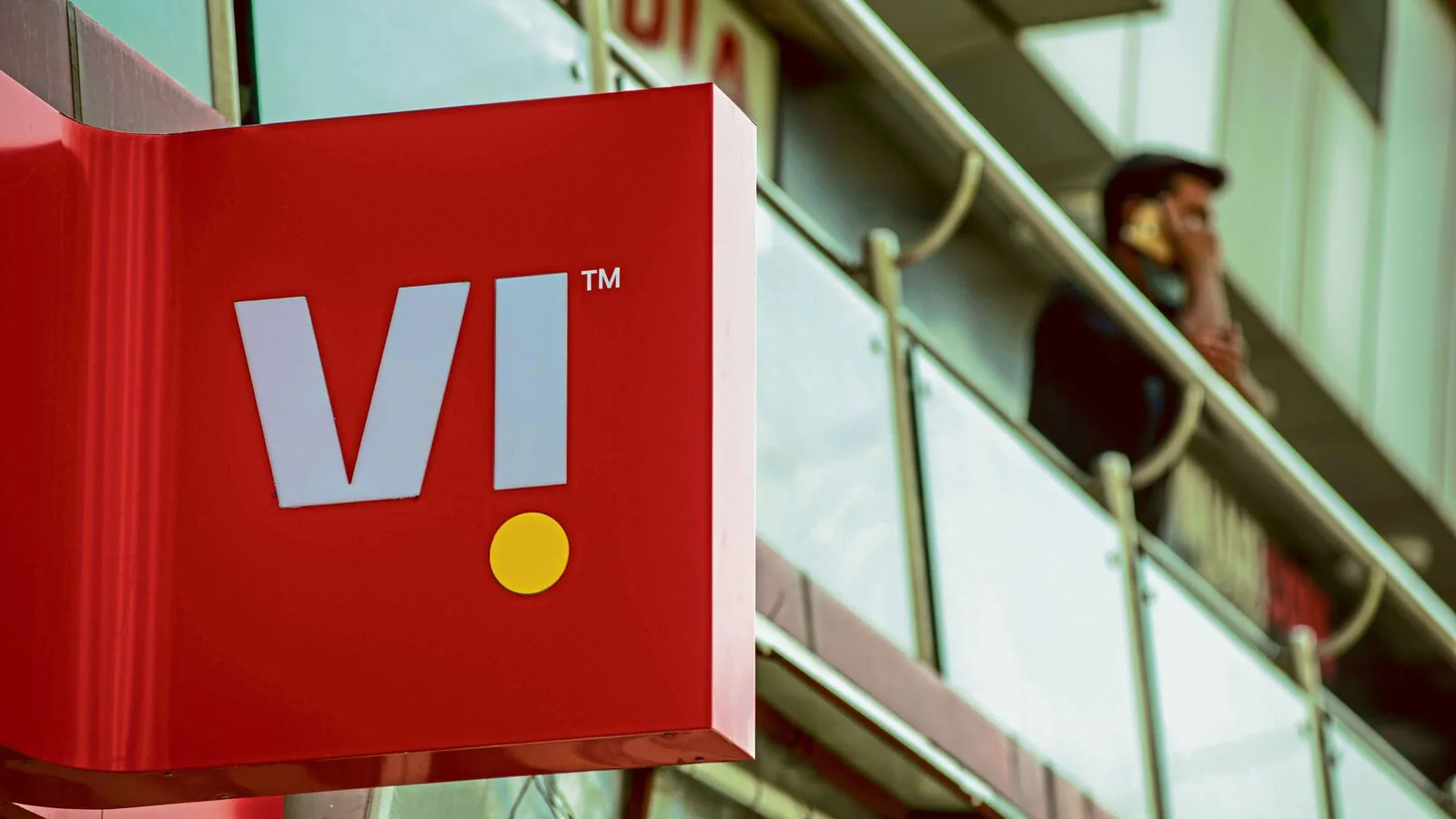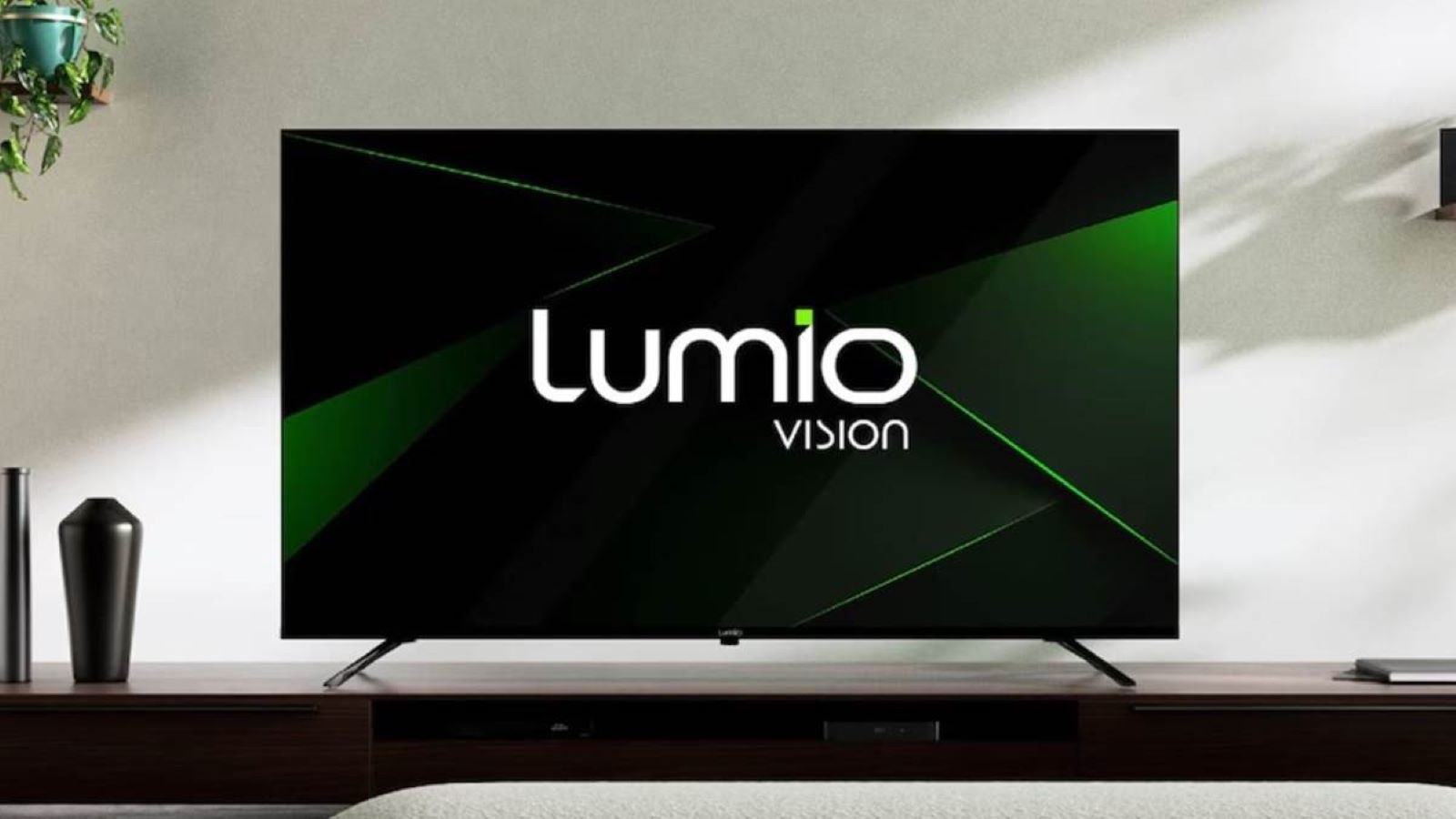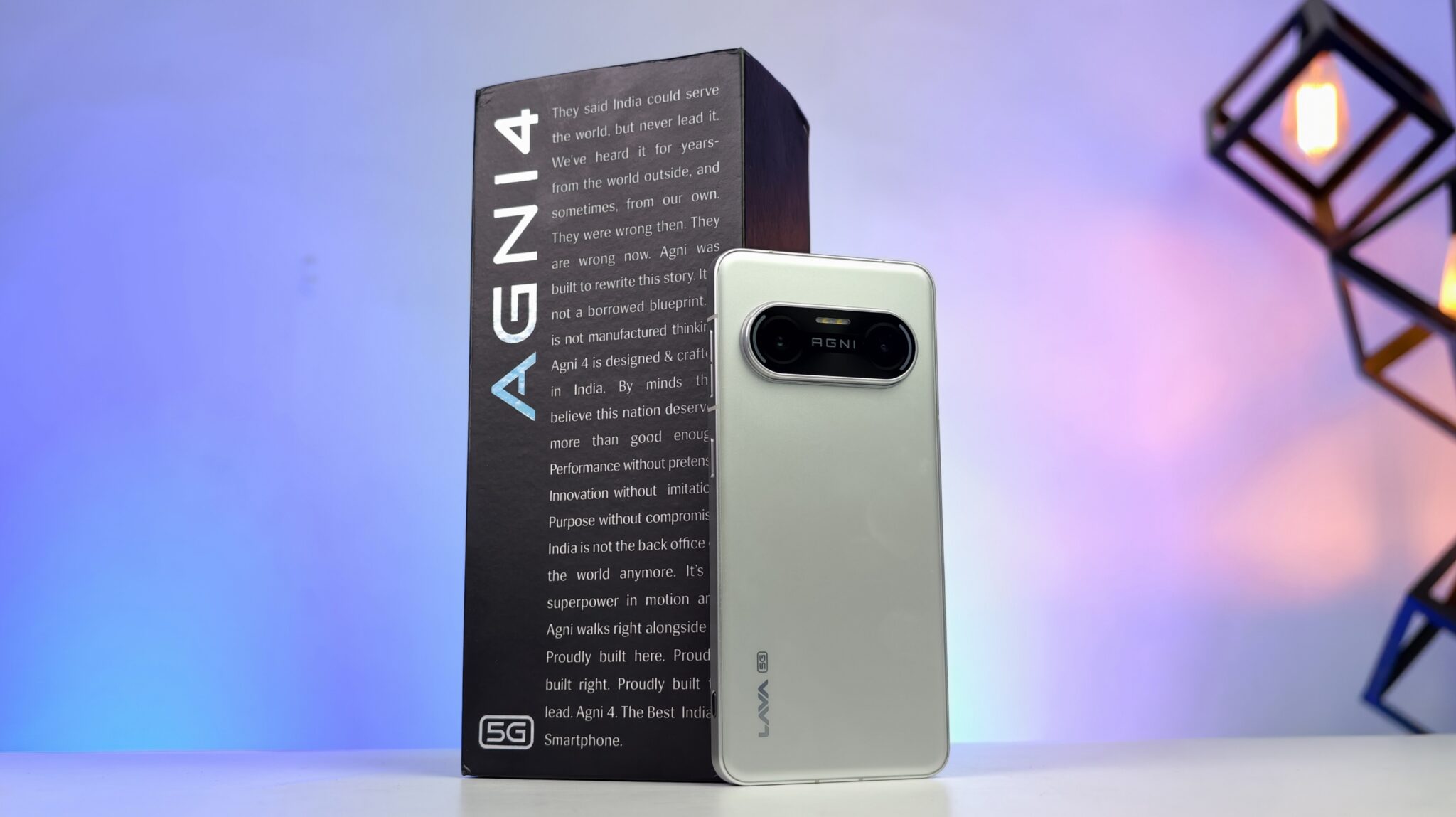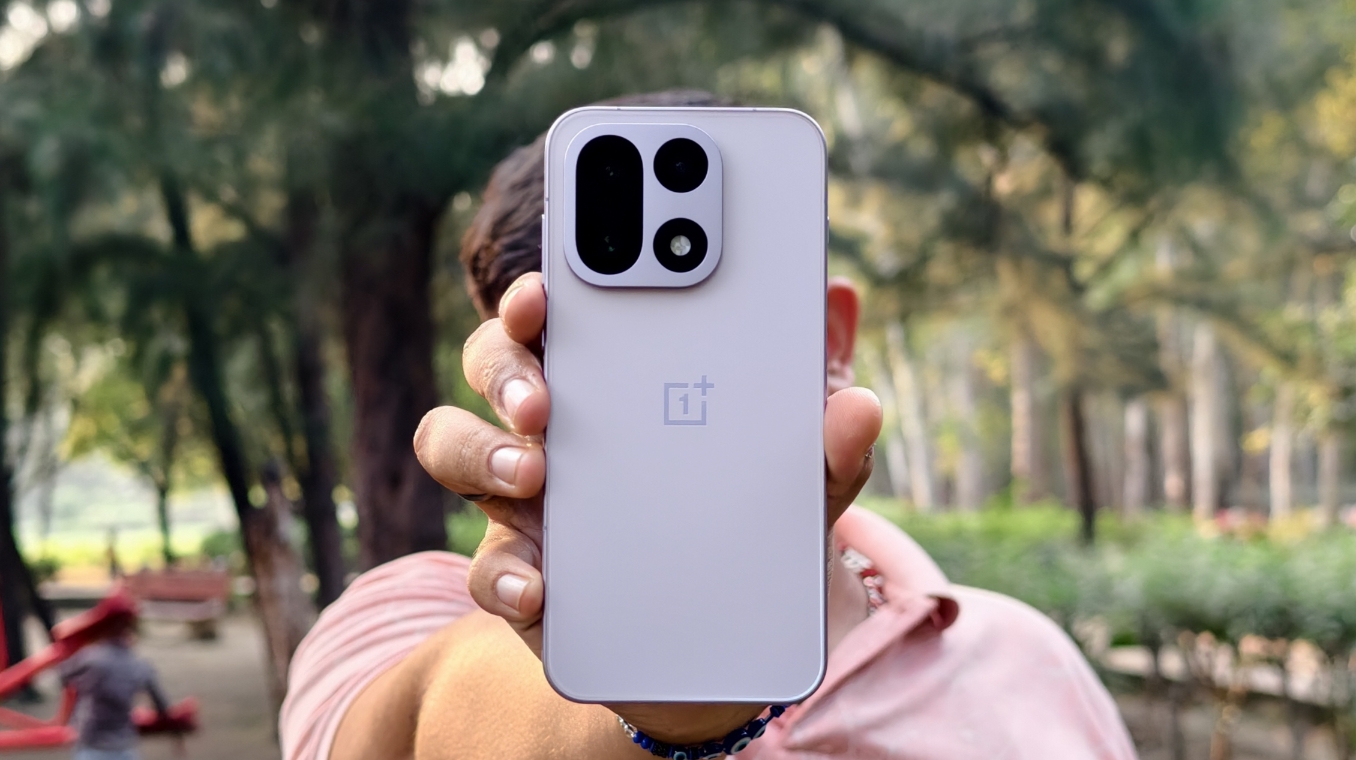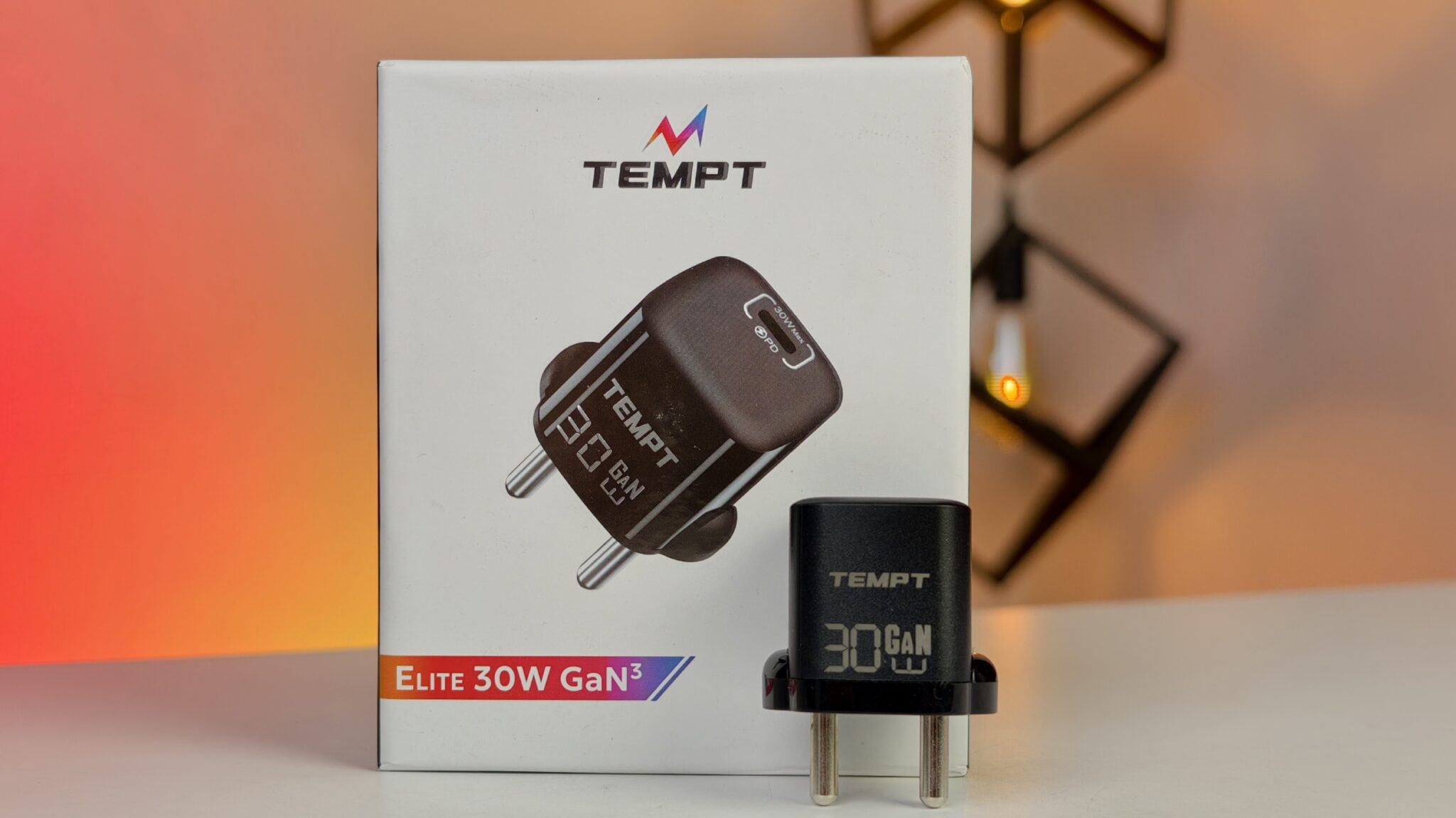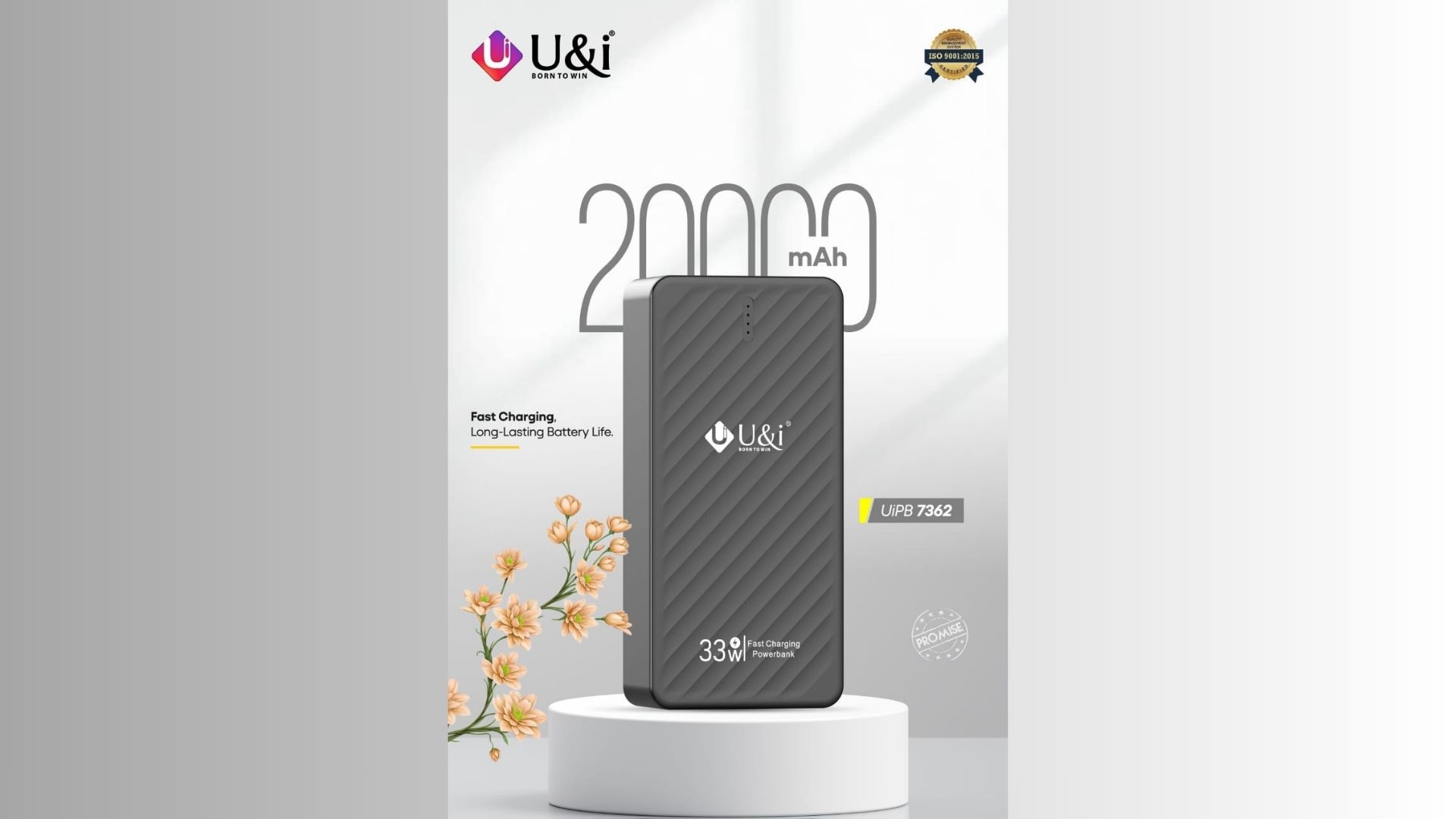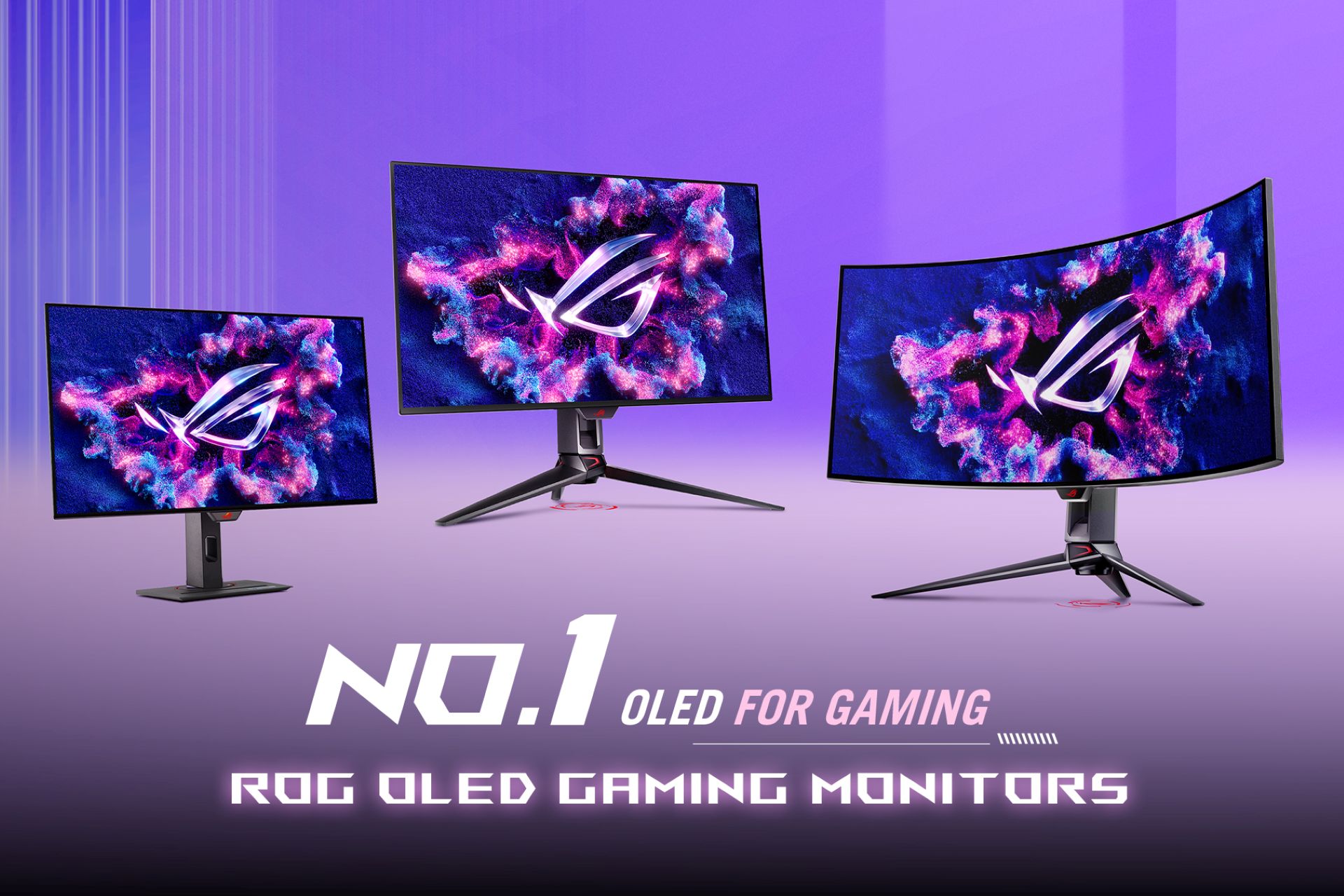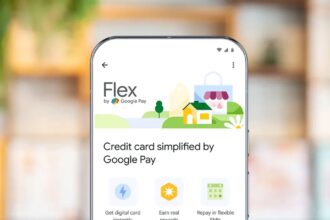Shares of Vodafone Idea (Vi) jumped 9% after the central government told the Supreme Court that a solution must be found for the telecom operator’s Adjusted Gross Revenue (AGR) dues. Solicitor General Tushar Mehta, representing the Centre, conveyed during a hearing that the government is working on a resolution, providing a fresh glimmer of hope for the financially stressed company. This development has sparked positive sentiment among investors who are closely watching the company’s struggle for survival.
Key Takeaways
- Vodafone Idea’s stock price increased by 9% following the government’s statement in the Supreme Court.
- The Centre, represented by Solicitor General Tushar Mehta, stated that a solution for Vi’s AGR issue is necessary.
- The government is the largest shareholder in Vodafone Idea, holding about a 33% stake.
- The telecom company faces a massive debt burden, with total AGR dues estimated to be over ₹58,000 crore.
Government’s Stance Brings Relief
The statement from the government is a crucial development in the long-running AGR case. Vodafone Idea has been under immense financial pressure to pay its dues to the Department of Telecommunications (DoT). The Adjusted Gross Revenue (AGR) is a usage and licensing fee that telecom operators are charged by the government. A dispute over how this revenue was calculated lasted for years until the Supreme Court sided with the government’s definition, which included non-telecom revenue. This decision placed a heavy financial burden on older telecom companies, especially Vodafone Idea.
The government’s new stance is being seen as a supportive measure. In 2022, the Centre converted the interest owed by Vi on its deferred AGR dues into equity, making the government the single largest shareholder in the company. The Centre’s intervention in the Supreme Court signals its intent to protect its investment and ensure the telecom sector remains competitive with three private players, alongside Reliance Jio and Bharti Airtel. The collapse of Vodafone Idea would lead to a duopoly, which could affect consumer choice and tariffs.
The Path Ahead for Vodafone Idea
While the stock market has reacted positively to the news, Vodafone Idea’s challenges are far from over. The company still carries a substantial debt of over ₹2 lakh crore and has been losing subscribers for a long time. It also needs to make large investments in its 4G network and roll out 5G services to compete effectively with its rivals.
The Supreme Court has asked the government to clarify its proposed solution and has scheduled the next hearing in the second week of February 2026. The final outcome of the court’s proceedings and the specifics of the government’s proposed solution will determine the future course for Vodafone Idea. For now, the Centre’s support provides the company with some breathing room as it tries to navigate its financial difficulties.
Frequently Asked Questions (FAQs)
Q. What is the AGR issue?
A. The AGR issue is a long-standing dispute between telecom companies and the Department of Telecommunications (DoT) over the definition of Adjusted Gross Revenue. The DoT argued that AGR should include all revenue, including that from non-telecom sources like asset sales and interest income. The Supreme Court upheld the DoT’s definition, leading to massive dues for telcos like Vodafone Idea.
Q. How much does Vodafone Idea owe in AGR dues?
A. Vodafone Idea’s total AGR liability is estimated to be over ₹58,000 crore. It has paid a portion of this amount but still owes a substantial sum to the government.
Q. Why did Vodafone Idea’s shares go up?
A. The company’s shares rose because the central government, its largest shareholder, told the Supreme Court that a solution for its dues is necessary. This indicates government support for the company’s survival, which boosted investor confidence.
Q. Why is the government helping Vodafone Idea?
A. The government is the largest shareholder in Vodafone Idea, with a stake of about 33%. It also wants to maintain a healthy competitive environment in the telecom sector with at least three private companies. The failure of Vi would result in a duopoly of Reliance Jio and Bharti Airtel, which may not be beneficial for consumers.
Q. What will happen next in the Vodafone Idea case?
A. The Supreme Court has asked the government to present its proposed solution. The next hearing is scheduled for February 2026. The company’s future depends heavily on the final court order and the relief measures the government might offer.


